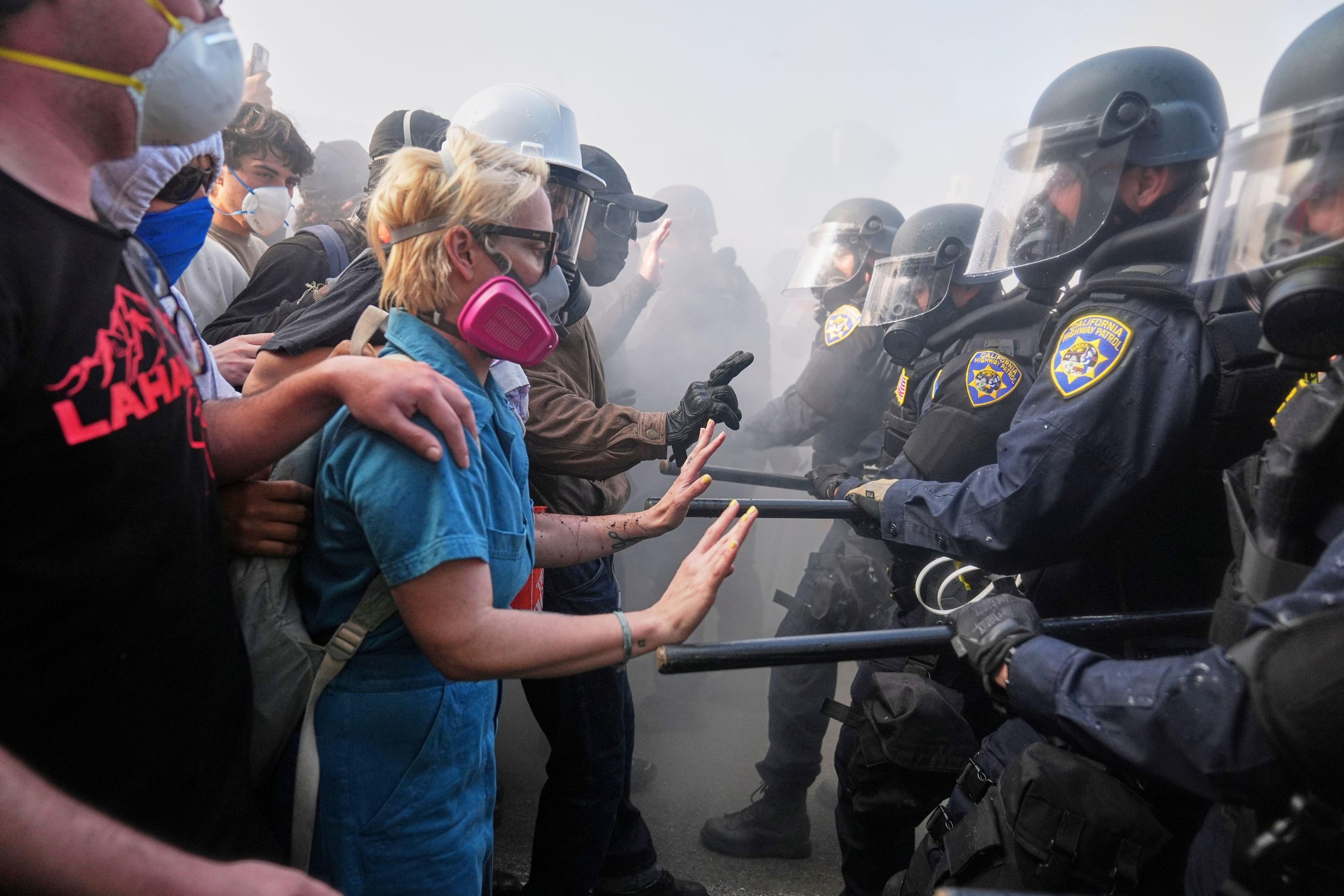The Russian State Duma has decriminalised defamation, having passed amendments to the Criminal Code.
There are two major legislative threats to freedom of expression in Russia: libel and antiextremism legislation. Both are frequently abused to silence journalists, bloggers, opposition leaders — anyone critical of government policy or of influential businessmen.
Libel legislation in Russia used to include two types of penalties: criminal and civil. They were specified in the articles 129 and 130 of the Criminal Code and article 152 of the Civil Code.
Article 129 of the Criminal Code described both slander (deliberately falsified information denigrating the honour and dignity of another person or undermining his reputation) and libel (the same, but published or broadcast in mass media, etc). It stipulated punishment by a fine, or compulsory work (for a term of 120 to 180 hours), or corrective labour (for a term up to two years), or restraint of liberty (for a term up to three years) or arrest (for a term of three to six months), or deprivation of liberty (much like arrest, normally longer and with less harsh conditions; for a term up to three years).
Article 130 of the Criminal Code talked about “denegration of the honour and dignity of another person, expressed in indecent form”. The insult is punishable by a fine, or by compulsory works (for a term of up to 180 hours), or by corrective labour (for a term of up to one year).
The article 152 of the Civil Code — “Protection of the Honour, Dignity and Business Reputation” specified the citizen’s right to claim through court the information he considered discrediting be refuted, unless the one who spread it proved it was true. The citizen also has the right to claim compensation of the losses and the moral damage.
Before the amendments become operative one still has the right to file two defamation suits at a time: a criminal and a civil one. According to Russian law, the failure in civil proceedings on defamation doesn’t affect one’s rights to carry on criminal proceedings. This is often misused by those who fight freedom of expression advocates in Russia: criminal investigation they seek is apt to include confiscation of journalists’ data carriers.
The other amendment lawmakers passed concerned threats and violence against journalists and demanding journalists’ equipment. These crimes will be punished by a prison term of up to six years or corrective labour for a term of five years.
Together with defamation decriminalisation, this amendment was hailed by many human rights activists in and outside Russia. Still some scepticism remains: amendments don’t eradicate corruption in Russian judicial and law enforcement system, which doesn’t guarantee that journalists will not be persecuted, beaten and killed. Particularly it doesn’t assure that murders and assaults of journalists which took place in post-Soviet Russia will be finally investigated into, rights activists say. Anna Politkovskaya’s murderers, or people who almost beat Mikhail Beketov and Oleg Kashin to death, have not yet been identified, let alone punished.




